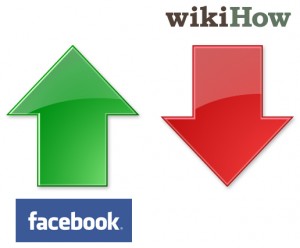Did you know around 9 million people in the UK have never used the internet?
That is why, this week the UK government announced that it has 100,000 people volunteering to be net champions.
What is a net champion?
A net champion is someone who helps someone else get online.
Who are the current net champions?
Many of the current volunteers are Scouts, Post Office workers and librarians.
 Why try to help people get online
Why try to help people get online
People in low income households save around £270 per year, just from being online. These savings may come via using tools like Skype, having the ability to shop around more, or by switching to better deals online.
The thing is many people, especially the elderly don’t realise this. Therefore helping and educating them should increase their ability to save money, and will hopefully also enrich their lives via using things like social media.
What if you don’t have a computer?
Some firms, including Microsoft have made available a range of cheap computers. These low-priced ‘recycled’ PCs will be available from about £95.
The UK Prime Minister, David Cameron has backed the campaign. From what I have heard and read about it, it seems like a good idea to me too. What do you think, should we encourage more people onto the net, especially the elderly, or would they make the net a more dangerous place?
Would you consider volunteering?

